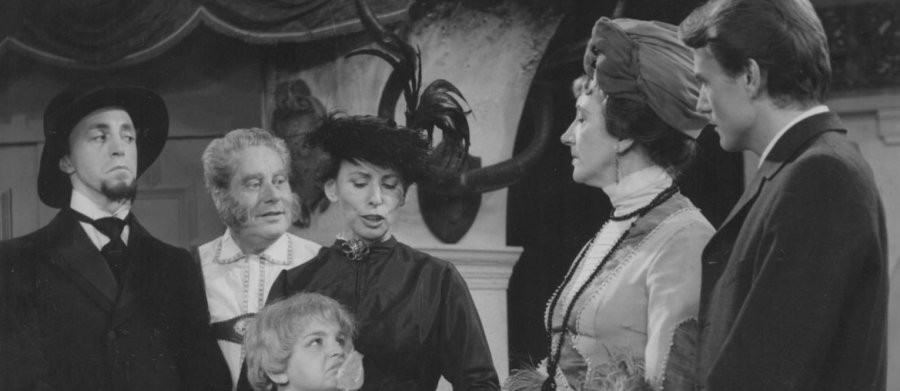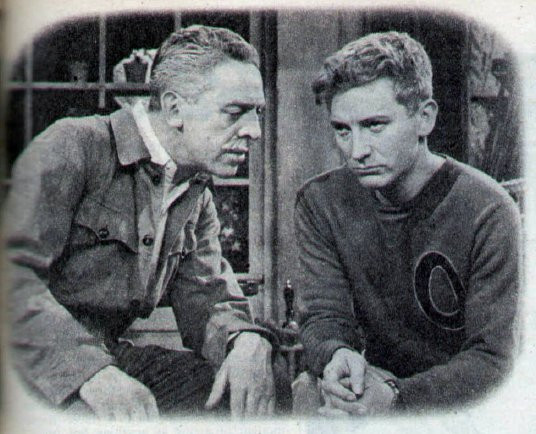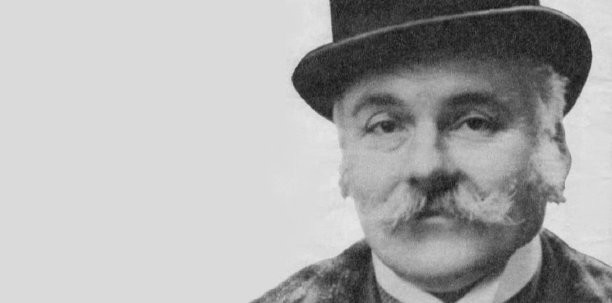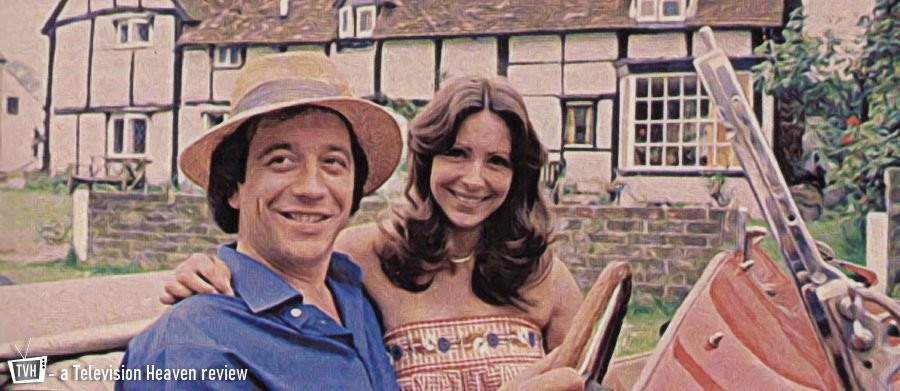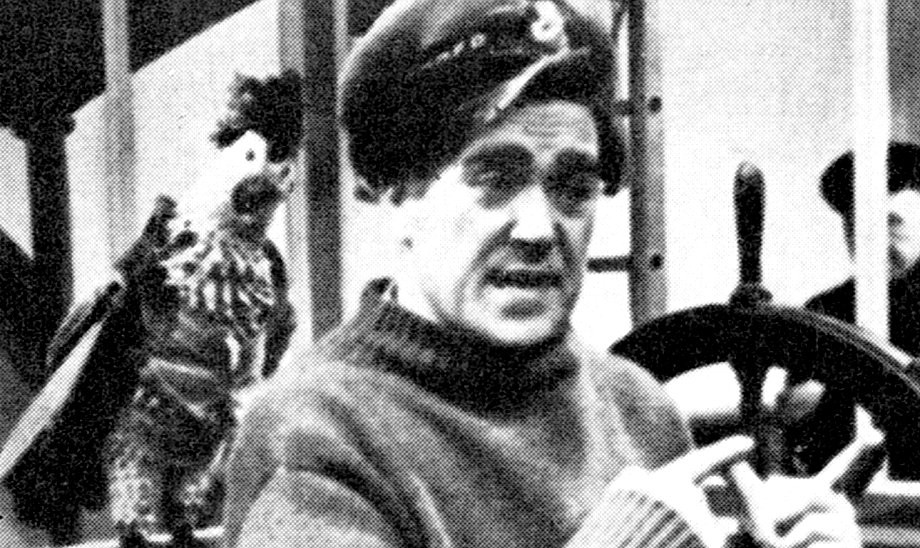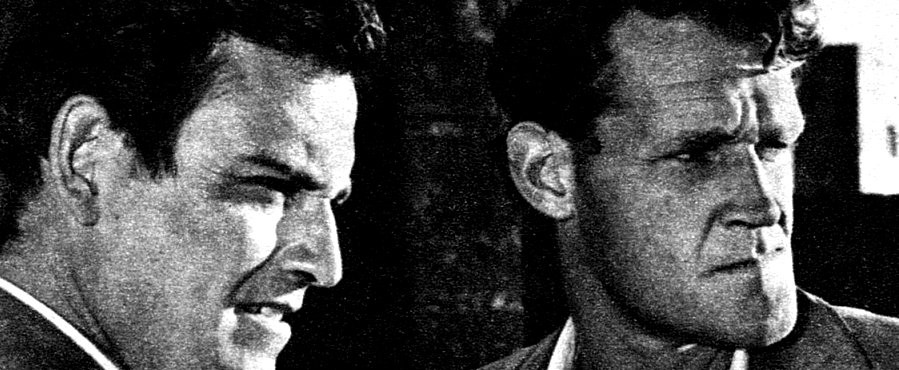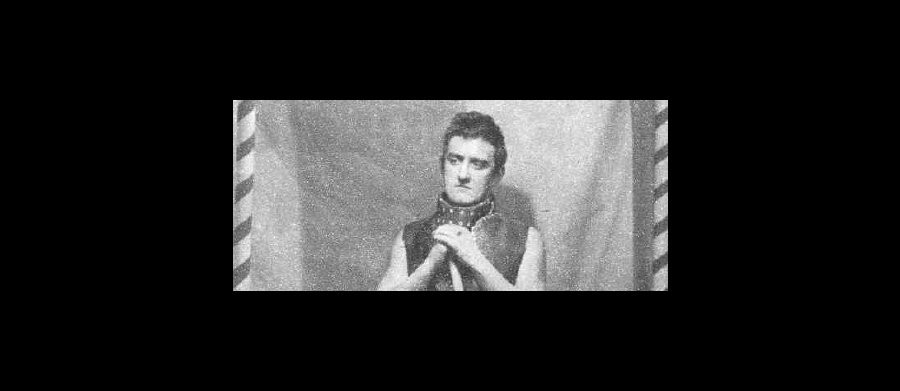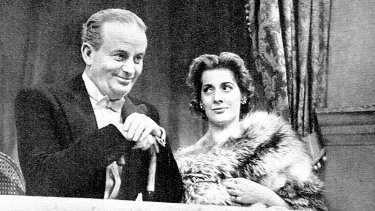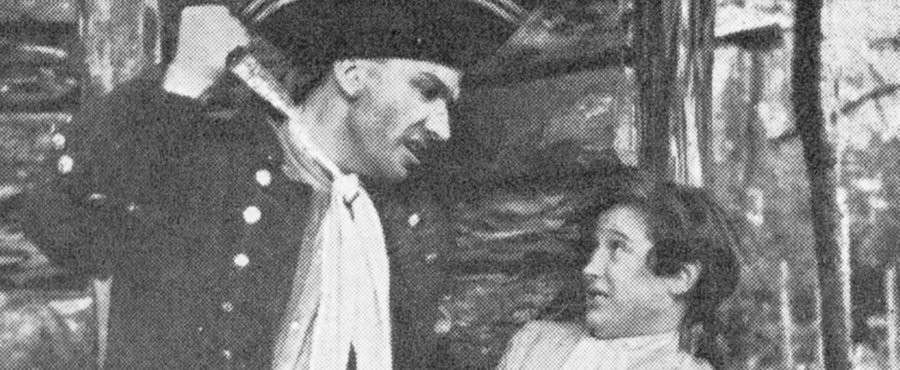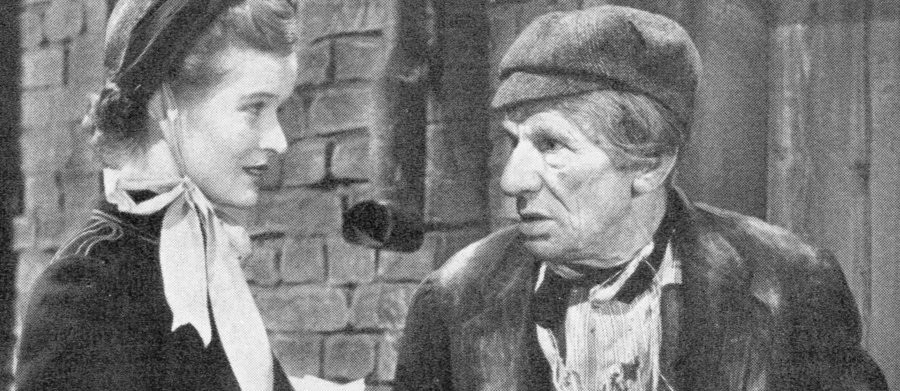
Shout Aloud Salvation
1951 - United KingdomThis BBC Sunday Night Theatre presentation, broadcast at 8.15pm on 15 April 1951 (a second performance followed on Thursday the 19th), was an adaptation of Charles Terrot's historical novel (which had not yet been published in England) about the early days of the Salvation Army. Producer Michael Barry scaled down the story to focus on two young women dispatched towards the latter part of the 19th century to introduce the Salvation Army into a bleak northern town.
Despite the 'scaling down' this was no small production, with 50 characters, a real Salvation Army band, filmed inserts and even a riot staged in the studio.
Shout Aloud Salvation was an ambitious project by an ambitious producer who was the newly appointed BBC Head of Television Drama and helped shape the medium in its formative years. The script contained 65 cuts and 35 mixes and fades before it went into rehearsal on the studio floor, with both Terrot and Barry working on the show and meeting with Salvationist historians to ensure authenticity in costumes, the routines of early evangelist meetings and period songs, for up to six months before transmission.
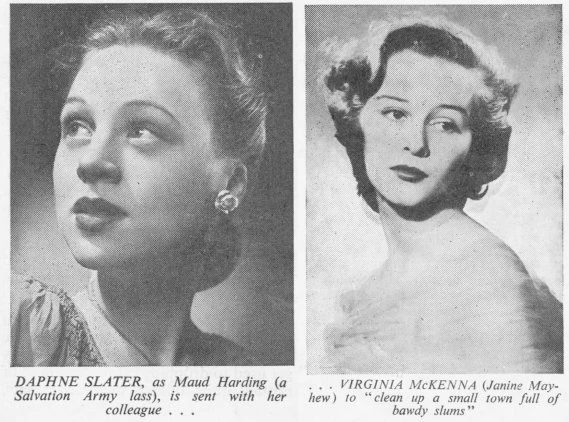
The mood of the play is set in the opening sequence of a "plain grey Britain against a darker background. "The grimness of a Victorian industrial revolution below the sunlit leisure of Victorian prosperity is captured as the camera settles on 'The Miserable.' The description from the original teleplay script describing 'The Miserable' as "a creature of the slums of the last century. Probably conceived and born in intoxication. The face is a dehumanised grey mass. The flesh hangs in folds. The eyes are glazed disks, so vacant as to be almost opaque. The body is a shapeless bundle of stinking rags. The creature is crouched beneath a wall under a lamp that suggests we are outside the entrance to a railway station. Two girls stand beside it. They wear the bonnets and costumes of the Salvation Army of 1880-81. They have suitcases and each carries a large tambourine. The one bending over the creature is Janine Mayhew, a slim figure with short, curly hair. The other is Maud Harding, a fair pretty girl."
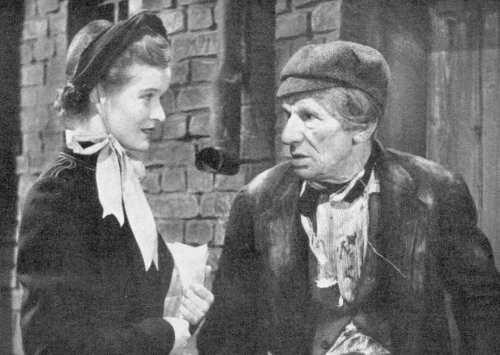
Janine was played by Virginia McKenna who, only a few months before, had shot to fame in the West End as a talented new actress. Also appearing in the 1951 adaptation was British character actor Leslie Dwyer who went on to appear in over a hundred television productions including Doctor Who, You're Only Young Twice, Coronation Street and Hi-de-Hi!, Lewis Casson (husband to the legendary actress Dame Sybil Thorndike and later knighted for his contribution to the British theatre), and Nicholas Hannen.
The BBC described the play in an article published in the Radio Times as being set against a backdrop of 'dark satanic mills, the blast furnaces, the mill sheds. Before our eyes are the slums and the gin-shops, ghastly creatures in rags, wife-beating bullies, and all the city scum that rose from the Industrial Revolution.'
'The battle begins,' continues the article, 'in one room where Janine and Maud, with one gold sovereign between them, start their campaign with a poster: 'War Declared! Where? Here. War on the Devil! Recruits Wanted!' And thence the crusade grows.'
Unusually frank in its portrayal (for 1950s television), the play leaves little to the imagination in its vivid view of life in industrial England during the 1800s. The camera gives glimpses of filthy hovels where rats run around the floor, a drunken man hits his wife and kicks his children, and the Salvation Army women are greeted with abuse as cabbages and even dead cats are thrown at them.
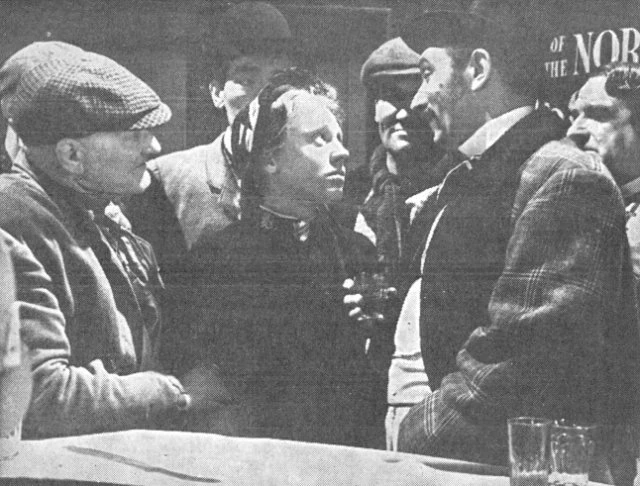
Critical reaction to Shout Aloud Salvation was unanimously positive with the Manchester Guardian proclaiming that the play "was the proof that the television 'blood and thunder' drama is fascinating." The Evening Standard called it the "Most successful of original television plays."However, there was criticism of the play's conclusion and Michael Barry acknowledged that it had been over-ambitious. It was amended for a new production five years later by George More O'Ferrall.
Critic Austin Welland, writing a review for Television Weekly (20 April 1951) wrote:
Sunday’s play about the Salvation Army did not have the humour and wit of “Major Barbara.” It was successful chiefly as a picture of the deplorable plight of the underpaid workers in the heyday of the Industrial Revolution. Mainly documentary, it had an occasional dash of melodrama to prevent interest from flagging.
The production offered scope for the clearcut acting. Many a young actress envied Virginia McKenna the highly sensational part in which she made her television debut. But I doubt if they would deny that she seized her opportunity with all the assurance of a veteran.
Virginia managed to persuade us that such a highly decorative young lady might choose to follow the thorny path of a Salvation Army captain.
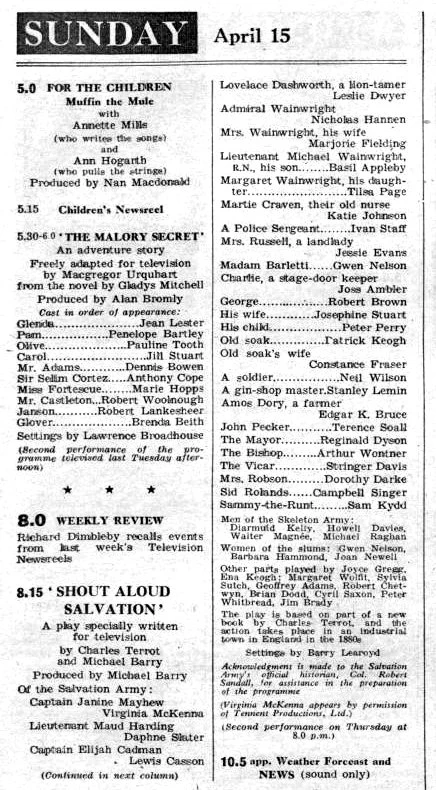
There was also a sensitive performance from Daphne Slater, as her long-suffering assistant ; Leslie Dwyer always held the interest with his careful study of a seedy lion-tamer ; Sir Lewis Casson, heavily disguised, sketched a lively picture of a robust Salvation Army captain; Basil Appleby was a handsome, if worried hero ; and Nicholas Hannen made a rare but effective appearance as his father, the retired admiral.
Much of the credit must go to producer Michael Barry, both for careful casting and highly imaginative, skilful camera work, enabling him to reduce some of the most difficult crowd scenes to the compass of the small screen with the maximum effect.
Seen this show? How do you rate it?
Seen this show? How do you rate it?
Published on April 2nd, 2021. Laurence Marcus (Sources: The Television Annual for 1952 - Television Weekly article by Max Warren April 13, 1951 - Television Weekly review by Austin Welland April 20, 1951 & http://www.britishtelevisiondrama.org.uk/?p=319)..


